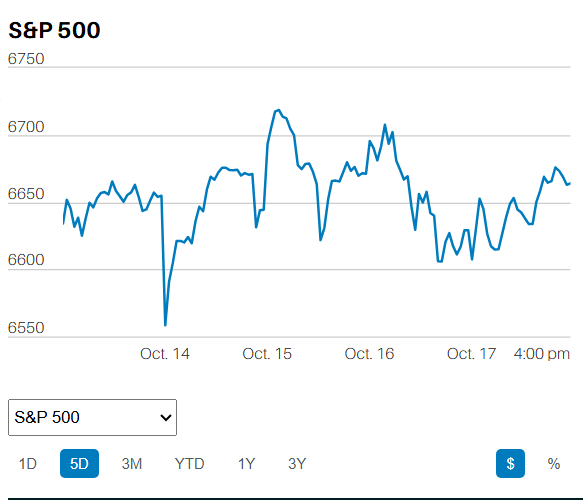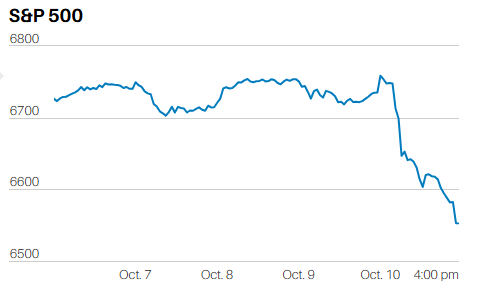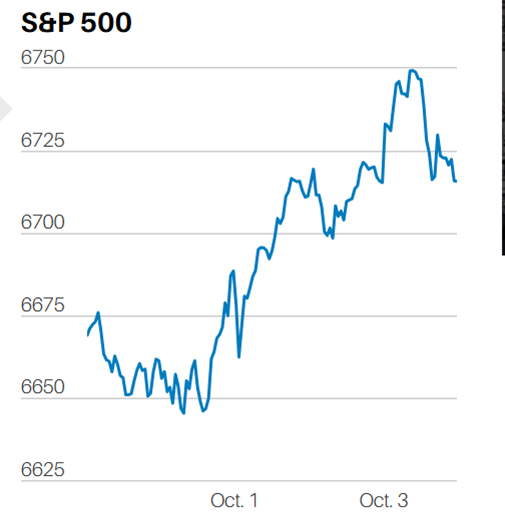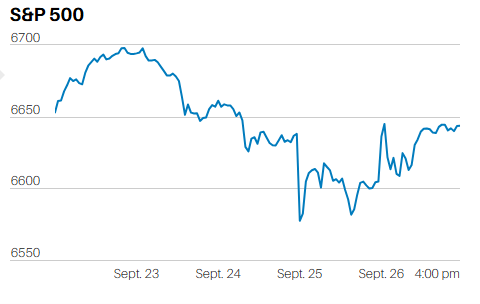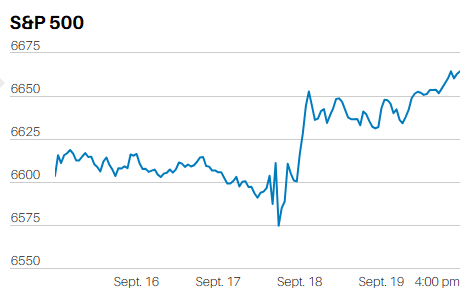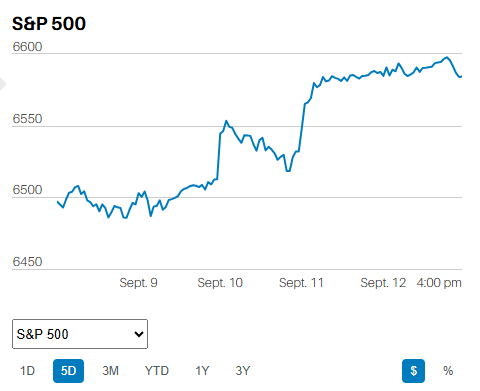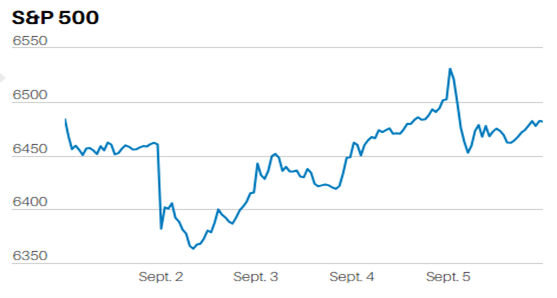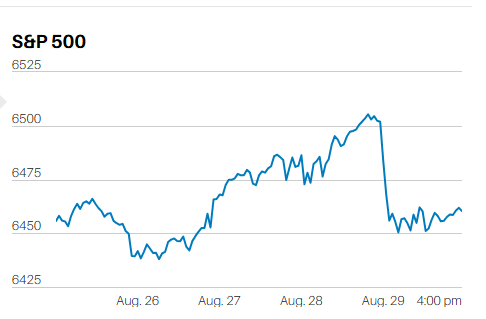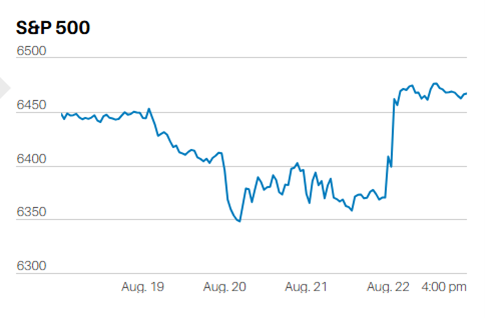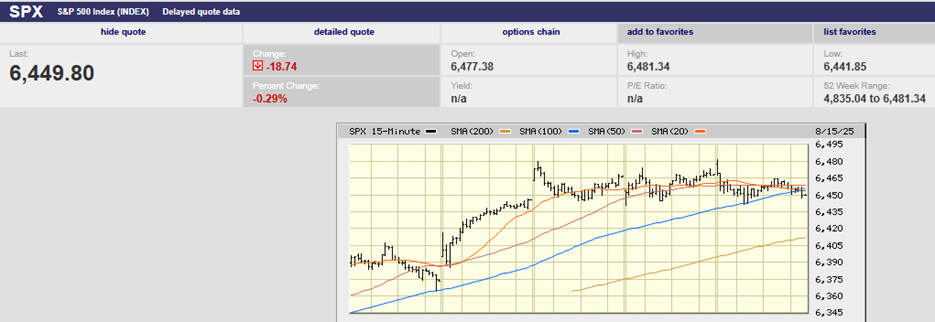
TAXES IN RETIREMENT
A LOT OF RETIREMENT INCOME IS TAXABLE INCOME
WHAT'S YOUR STRATEGY?
I have a friend who has a tax problem in retirement. He and his wife both have defined benefit plans and the total income is around $180,000. They also have large IRA accounts and will be forced to start taking sizeable required minimum distributions when they turn 70 ½ years old (72 if the Secure Act passes in the Senate and is signed into law). They’re going to start taking social security when they turn 70, as they should, and that income will also be taxable. It’s going to put them well over $250,000 annually in taxable income, which may trigger the 3.8% Medicare investment income tax if their modified adjusted gross income (MAGI) is over $250,000 as well.
Managing your taxes in retirement is important. Many people don’t even think about it when planning for their golden years. They should. Social Security is taxable income. Pension plan income is taxable as well, although fewer and fewer people have the benefit of a defined benefit plan in retirement. 401(k) and IRA distributions are also taxable as earned income. Add it all together and you can end up in one of the higher income tax brackets in retirement despite no longer working. The time to plan for taxes in retirement is well before you retire. One obvious strategy is to put money into a Roth 401(k) account if your 401(k) plan allows it – more and more do. Of course, you can also put money directly into a Roth IRA if your MAGI is under $137,000 if filing individually and $203,000 if married filing jointly.
Perhaps the best time to contribute to a Roth is when you’re younger and not making as much money. A lower tax bracket means the tax deferral is less valuable. Switching to pre-tax deferrals when you are older and in a higher tax bracket can make sense. We recommend giving yourself flexibility in retirement by having both pre-tax and after-tax savings. The tax deferral has real economic value; the longer the deferral period the more value produced by tax-deferral. It’s nice to have after-tax savings as well though. You don’t want to be forced to pull money from an account that will generate additional earned income for you just because it’s time for a new roof.
Roth conversions are another way to transform pre-tax savings into after-tax savings, but we’re not in favor of conversions in most cases. Why pay taxes before you must? You are better off keeping the government’s money and investing it, making more money for yourself, and only paying those pesky taxes when necessary. The math just doesn’t work for conversion in most cases. One situation in which a Roth conversion does make sense is for estate planning purposes. Converting some or all of an IRA to a Roth to leave the money to heirs makes sense if you know you’re not going to need the money for your retirement. The converted assets continue to grow tax-free and your heirs won’t have to pay taxes on the Roth inheritance.
